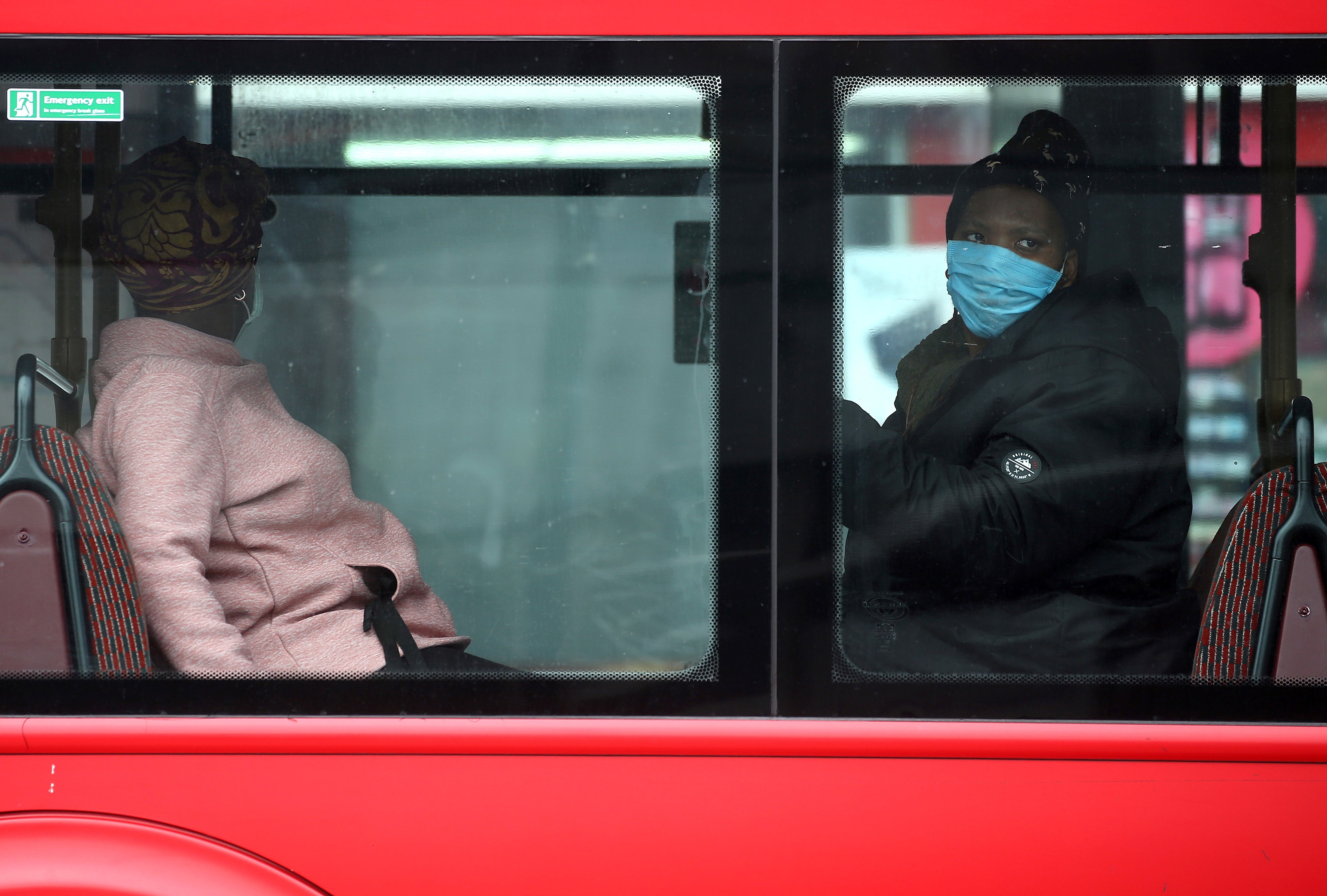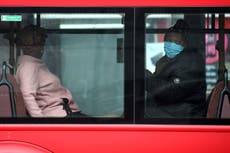Bame workers face disproportionate risk of losing jobs after furlough scheme ends, research suggests
Resolution Foundation says ability of hospitality sector to weather pandemic and recover quickly will be crucial to living standards of many ethnic minority employees and their families

Bame communities face a disproportionate risk of losing their jobs once the government’s furlough scheme ends in the Spring, research suggests.
A report published by the Resolution Foundation shows that people from ethnic minorities are more likely to work in the hospitality industry – the sector that has been hit hardest by the coronavirus pandemic.
One in 12 (8 per cent) Bame people in the UK are employed in hospitality jobs – amounting to 300,000 overall - compared to just one in 20 White British workers (5 per cent).
The think tank said the ability of the hospitality sector to weather the pandemic and recover quickly would be crucial to the living standards of many Bame workers and their families.
In April and May this year, economic output in hospitality was less than a tenth of its pre-pandemic levels, while the number of hours worked was 51 per cent lower in the three months to June 2020 than six months beforehand, compared to a 19 per cent fall across all industries.
The fall in activity has already had an impact on employment – although a much smaller one than would have been the case without the various government support schemes, the report states.
Data from the Office for National Statistics (ONS) shows the number of jobs in hospitality in June 2020 were down by 4.2 per cent compared to December 2019, compared to a fall of 0.8 per cent in the rest of the economy.
This amounts to a loss of 106,000 jobs in hospitality over a six-month period, which is similar to the total fall in hospitality jobs which took place following the financial crisis – although then it occurred over a two-year period.
A separate report by the Resolution Foundation in September found that one in five (21 per cent) workers from an ethnic minority background had either lost hours or pay, been furloughed or were no longer working - slightly higher than the rate among workers overall (18 per cent).
Bame workers were also more likely to no longer be working than the general working population, at 11 per cent compared to 7 per cent.
The new report notes that hospitality is one of the lowest paying sectors in the economy, with a typical hourly pay of just £8.72 and almost a quarter (23 per cent) of workers paid at or below National Living Wage.
On top of this, Bame workers within the sector suffer “pay penalties” – pay gaps that account for workers’ age, qualifications, experience, and the kinds of jobs they do - relative to White British workers.
These pay penalties are bigger than the raw pay gaps found in official earnings data – suggesting that the extent of disadvantage is bigger than previously thought, according to the report.
Nye Cominetti, senior economist at the Resolution Foundation, said: “As workers from Bame backgrounds are disproportionately likely to work in hospitality, a significant number of workers risk moving into unemployment when the furlough scheme ends in the Spring.
“The government should bear that in mind for the jobs support programmes it is providing.”
Dr Halima Begum, chief executive of the Runnymede Trust, said: “The hospitality sector is highly reliant on ethnic minority workers, particularly in lower paid jobs within the gig economy.
“Efforts need to be made to support those who face long-term unemployment as a result of furlough being wound down, whether we’re talking about White or Bame staff.
“With the right funding, this would not only alleviate household poverty in the short to medium term, it will support longer-term national growth as we emerge out of the pandemic.”
It comes after ministers were accused of “failing” to bring in measures to reduce the disproportionate impact of coronavirus on ethnic minorities following high death rates among this group in the first peak of, despite warnings months before that action was needed.
In August, Doreen Lawrence, Sir Keir Starmer’s race relations adviser and mother of Stephen Lawrence, warned that Bame communities were at risk of being disproportionately hit by the economic impact of Covid-19.
She pointed to research indicating that inner city areas with much higher than average minority ethnic populations had among the highest rates of furloughed staff.
An HM Treasury spokesperson said: “We continue to do everything possible to ensure our coronavirus support reaches those who need it the most, across all backgrounds.
“We have extended our financial support across the UK to help millions of people to provide for their families, and to provide certainty and stability to businesses through the winter and into spring next year.
“Our £280bn package of support and our Plan for Jobs continues to help create, protect and support employment opportunities for all.”
They added that they had supported the hospitality sector from the start of the outbreak, protecting jobs through initiatives such as the Eat Out to Help Out scheme, VAT cuts, business rates holidays and a first wave of cash grants of up to £25,000.
Join our commenting forum
Join thought-provoking conversations, follow other Independent readers and see their replies
Comments



Bookmark popover
Removed from bookmarks